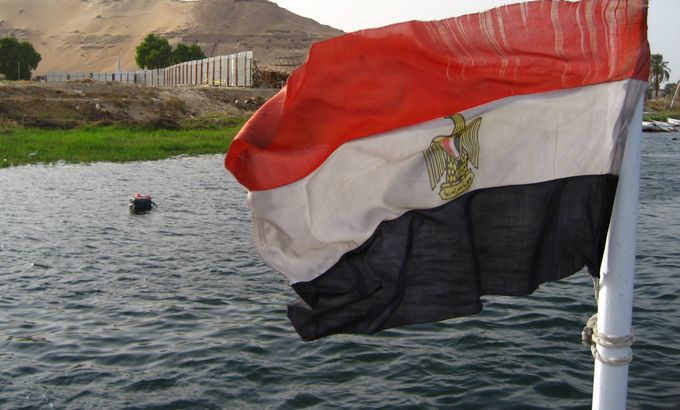
John Nyaoro: Sharing the Nile
The Kenyan director of water resources talks about sustainable and peaceful management of the Nile River Basin.
| “All the time they walk out, but they still come back … because there is no any other source that they can be able to use … and what we have been telling them, the only simple way is cooperation … and where we can get this cooperation … I think even in marriage if the husband and wife cannot be able to talk, then there will be no cooperation in that house … if one runs away, the night will come and will still have to come back … and they will have to have a table to sit and negotiate and see what is the problem.” John Nyaoro |
For the Egyptians the Nile is unquestionably their river, above and beyond the claims of any other Nile Basin country.
By the early 1900’s, Great Britain ruled the length of the Nile. Egypt was strategically crucial as the Suez Canal controlled access to India.
In 1929, Britain awarded the Egyptians exclusive control of the Nile to co-opt their allies.
In 1959 – a second agreement was signed: Freed from colonial overrule, Egypt and Sudan agreed on dividing the river’s waters.
During the 1960’s, African nations upstream gained independence and these countries are challenging agreements signed when they were under colonial rule.
To this day, Egyptians regard the 1929 and 1959 agreements as technically binding and they have refused to sign a new cooperative framework that revisits the usage of Nile waters.
John Nyaoro, the director of water resources at Kenya’s Ministry of Water and Irrigation, and also chairman of the Nile Basin speaks about agreements, cooperation and the political economy of the Nile Basin.
Watch Struggle Over the Nile each week at the following times GMT: Tuesday: 2000; Wednesday: 1200; Thursday: 0100; Friday: 0600; Saturday: 2000; Sunday: 1200; Monday: 0100; Tuesday: 0600. Click here for more on Struggle Over the Nile. |
